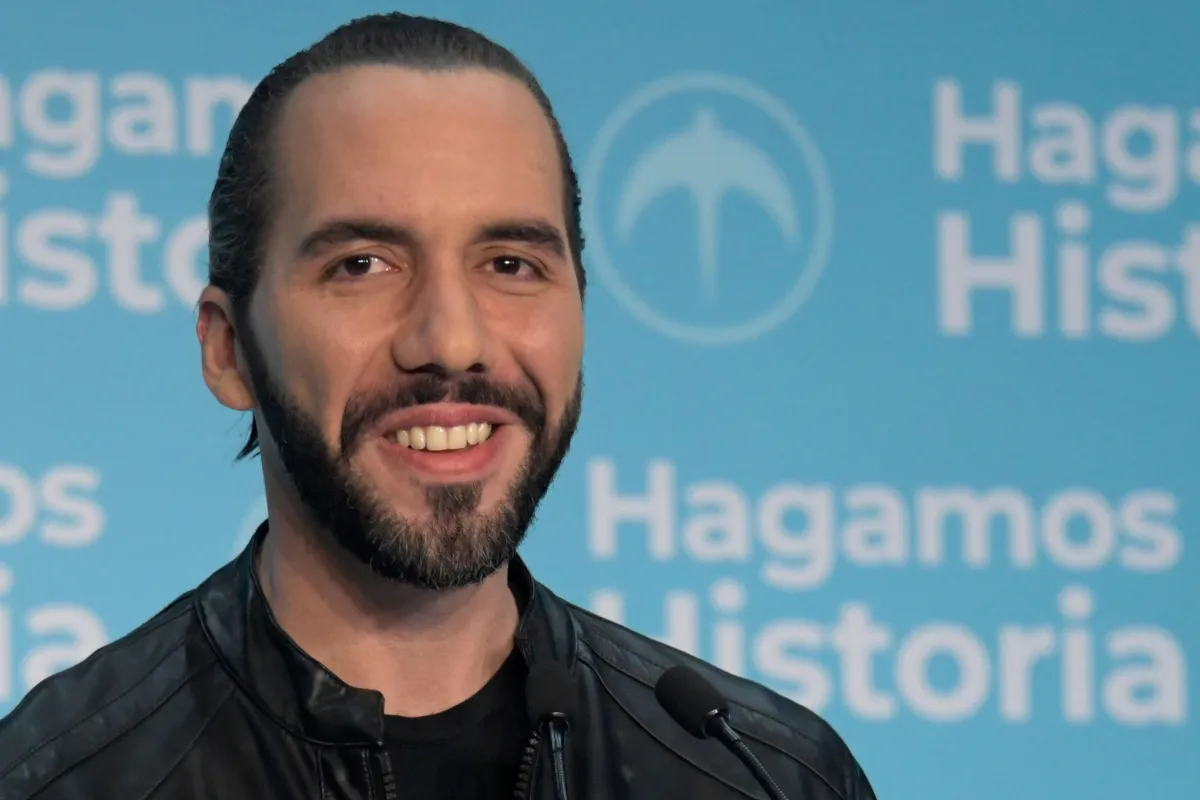El Salvador launched a new citizenship-by-investment program targeting individuals willing to invest $1 million in Bitcoin or USDT.
The country has accepted Bitcoin as legal tender for over two years. Now, it’s broadening its economic scope.
Getting citizenship through this program costs more than in some Caribbean nations, where it starts at $100,000.
The Salvadoran government and Tether, a stablecoin issuer, jointly announced the program on December 7.
Named the “Adopting El Salvador Freedom Visa Program,” it aims to attract investments. The program offers 1,000 citizenship spots for a $1 million investment in Bitcoin or USDT.

It starts with a $999 non-refundable deposit. El Salvador hopes to raise $1 billion if all opportunities are taken.
This approach is similar to successful schemes in countries like Vanuatu. Alistair Milne of Altana Digital Currency hedge fund criticized the program.
He mentioned on X (formerly Twitter) that EU citizenship costs less. Milne called El Salvador’s offer less competitive globally.
He highlighted the ease of acquiring EU citizenship for a lower amount. Malta, for example, offers citizenship for 750,000 euros ($810,000).
This gives access to the EU’s Schengen Area, which includes 23 countries. Henley & Partners, an investment migration consultancy, reported this.
El Salvador might attract cryptocurrency fans
Henley & Partners also noted Caribbean nations near El Salvador.
Countries like Antigua and Barbuda, Dominica, and Saint Lucia offer citizenship for a $100,000 development fund contribution.
Grenada and Saint Kitts and Nevis have similar programs, requiring contributions of $150,000 and $250,000.
Still, El Salvador might attract cryptocurrency fans.
President Nayib Bukele supports bitcoin. His policies include a 15-year tax break for tech firms investing in El Salvador.
Bukele has reduced the country’s high homicide rates since June 2019.
His crime crackdown started in March 2022, leading to 66,000 arrests. Amnesty International raised human rights concerns about these arrests.
Nonetheless, a significant majority of Salvadorans, content with the recent improvements in peace and security, would readily vote for Bukele in future elections.
Bukele started his reelection campaign, leaving the presidential office on December 1. This was before the February 2024 general elections.

